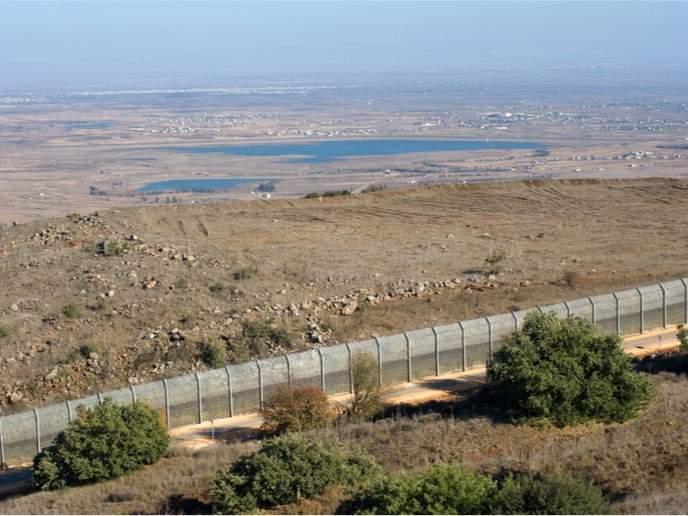Material grievances make some communities more receptive to violent extremism
Literature published since 9/11 has improved our understanding of radicalisation processes and how groups that promote violent extremism operate. Despite its usefulness, this body of research has obstructed our awareness of the fact that most people are not radicalised, even in areas that provide fertile ground for radical ideas. These so-called enabling environments are places of poverty that lack social mobility, leading people to feel hopeless about their future.
Investigating the foundations of local community resilience
The EU-funded PREVEX(opens in new window) project explored why some communities are more likely to experience violent extremism through empirical investigations on the ground in the Western Balkans, the Middle East, North Africa and the Sahel. Findings revealed that even in the most enabling environments in the Middle East or the Sahel, the majority of people were not radicalised. These are detailed in multiple project outputs(opens in new window) such as working papers, policy briefs, key stakeholder dialogues and podcasts. Both individuals and local communities were very resilient in the face of violent extremist ideas and groups. “This has huge implications for how we think about and design preventing and countering violent extremism (P/CVE) policies, as this high level of local community resilience often is overlooked and ignored both in national and international approaches to P/CVE,” explains project leader Morten Bøås, research professor at the Norwegian Institute of International Affairs.
Boosting societal resilience
The PREVEX team conducted case studies on the occurrence and non-occurrence of violent extremism, gathered the results and made regional comparisons. Strong focus on the non-occurrence of violent extremism was a key innovative aspect of the research. This is because most research on violent extremism deals with answering the question of why some people take up arms, instead of answering the reverse question of why people living in enabling environments often choose not to become involved in political violence. Therefore, P/CVE policies must incorporate knowledge of why individuals and groups resist such influence, even in enabling environments. Project partners found that local resistance to radicalisation originated from a long, continuous tradition of religious tolerance and social moderation supported by traditional or religious leaders who appeared to be trustworthy and who were themselves relatively moderate and uncorrupted. However, these leaders must also deliver something that matters to the local community, and which strengthens the social cohesion in the community. If all these factors are present, it creates a ‘glue’ in society and constitutes a significant defence against radical ideas.
Rethinking P/CVE programming in the future
An equally important finding was that the journey into violent extremist insurgencies rarely starts with religious conviction. “PREVEX drew considerable attention to the blind zone that almost two decades of work on the occurrence of violent extremism created, namely that most people are not radicalised,” comments Bøås. “Even among those who join these movements as rank-and-file, the majority are not motivated by religion or ideological conviction, but by very genuine material grievances such as lack of opportunities in life, work and education, or by heavy-handed state security approaches.” The project continues to interest policymakers, politicians and academics alike. Bøås has been commissioned to write three articles on radicalisation and violent extremism for ‘Open Access Government’. The influential journal reaches a wide range of policymakers and public employees in Europe and North America. The first article(opens in new window) was published in February this year. Several project partners have turned their focus to the impact of social media on vulnerable populations in enabling environments. “We know that violent entrepreneurs attempt this through AI and other cyber tactics, but to come up with policies to counter this trend, we need to know more precisely how large this amplifying effect is and who is most susceptible,” concludes Bøås.







